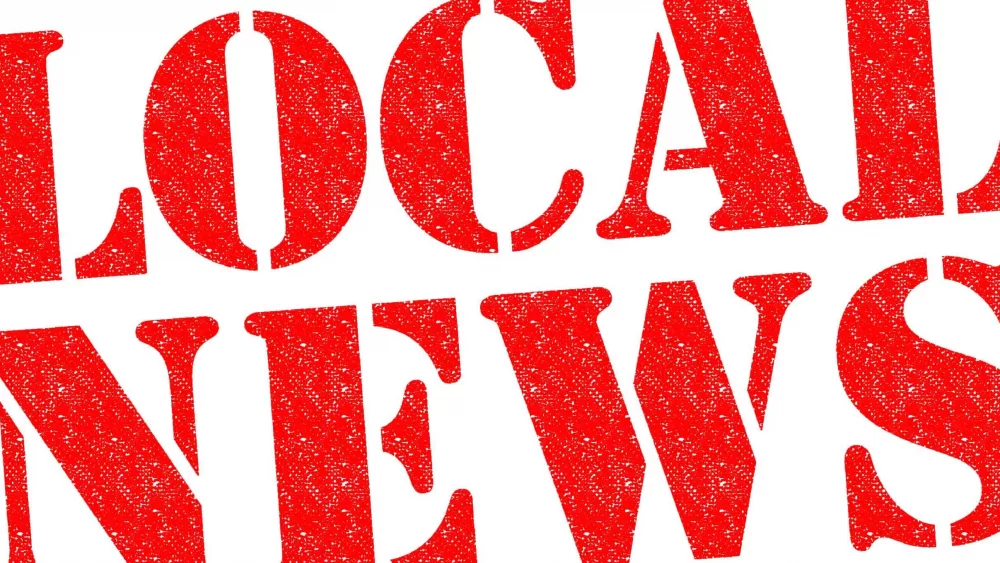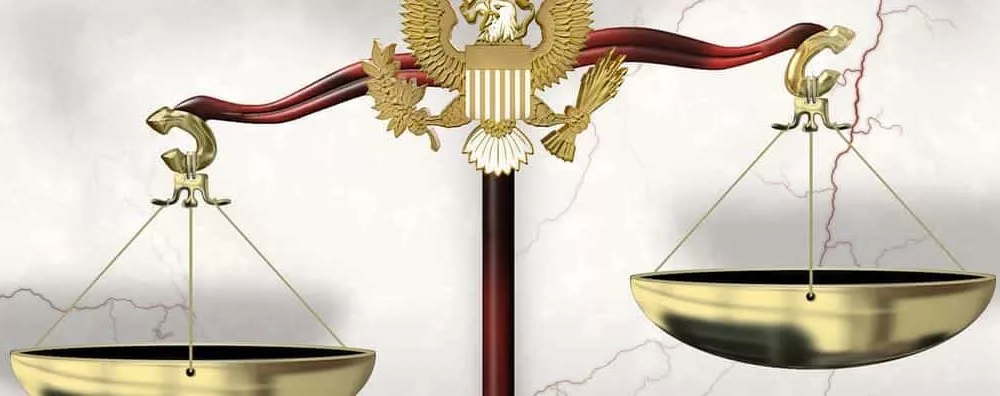FILE – A closed sign at a retail store in Chicago, Wednesday, April 15, 2020. (AP Photo/Nam Y. Huh)
SPRINGFIELD, Ill. (IRN) — A state retailers’ association said while the state gears up to dole out federal aid to local businesses, it’s not listening to things Illinois’ business owners want to be done to foster growth.
With a little over two weeks into Gov. J.B. Pritzker’s Phase 4 COVID-19 reopening plan where restaurants are allowed dine-in with limits and the retail industry allowed to have 50 percent capacity per the governor’s public health recommendations, they are still struggling.
Illinois Retail Merchants Association’s Rob Karr said the retail sector has been devastated because of the pandemic and the government’s response to it. He said only allowing 50 percent capacity for retail isn’t sustainable.
“We’re on life support, we’re buying time,” Karr said. “It’s far from back to normal. A restaurant for example can’t operate at 50 percent. They need something closer to 80 percent to just have a shot at profitability.”
Downtown Springfield restaurateur Peter Praia opened Di Piero’s on the plaza of the Old State Capitol a number of weeks before the pandemic began. He didn’t have any debt beforehand, but after months of being closed, the bills stacked up, and the operating limits aren’t helping.
“We’re having to work quite a bit harder, and many more hours, and we’re still below our sales figures,” Praia said.
One area Karr said the state is failing business is adapting to the pandemic by easing burdens on small businesses such as the state law increasing the minimum wage over several years.
The minimum wage increase earlier this month was the second increase in six months and the first of two amid a global pandemic. Another increase is coming down the pike that makes it a total of 33 percent increase in the minimum wage in 13 months.
Karr said that’s unconscionable during a pandemic where businesses are trying to get back on their feet.
“You’re worried that you’re not getting your tax revenue for state and local governments, you’re worried that unemployment is at record levels, yet you’re doing everything to discourage investment, you’re doing everything to discourage recovery,” Karr said.
Karr and others urged the governor to delay the minimum wage increase implementation because of the pandemic to no avail.
July 1 the wage went from $9.25 to $10 an hour. Jan. 1, the wage goes up to $11 an hour with a dollar increase every year to $15 by 2025.
Karr also suggested delaying property tax payments.
By GREG BISHOP for the Illinois Radio Network
Two weeks in, Illinois retailers, restaurants still struggling with Phase 4 restrictions
Recommended Posts

Fire damages Cairo grain elevator
- December 27, 2024 10:27 am|
One injured in Marion house fire
- December 27, 2024 10:26 am|

Illinois’ pending swipe fee law on hold after recent court ruling
- December 27, 2024 10:22 am|
Some call new commission to explore Illinois’ property tax system a waste of time
- December 26, 2024 10:13 am|
